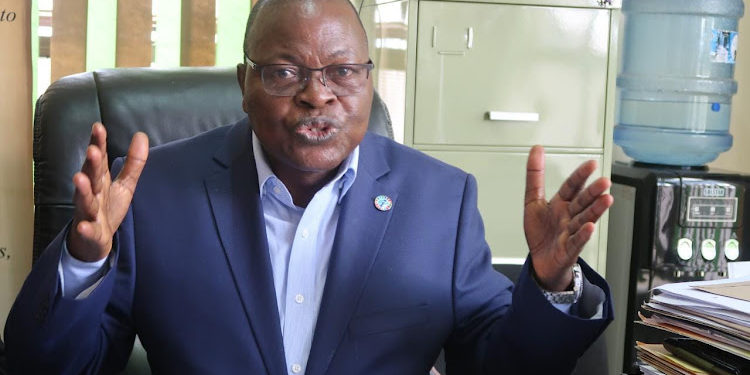Githunguri MP Gathoni Wamuchomba has expressed strong disapproval of secondary schools withholding students’ result slips due to outstanding fees, arguing that this practice undermines their future opportunities for higher education.
Speaking out against the practice, Wamuchomba highlighted that result slips, which are the rightful property of students, should not be used as leverage to enforce fee payments. “You mean building classes or buying a school bus is more important than the future of a student who already gave you all they could afford? Results slips are the property of the examined, who already paid KNEC for it,” she stated.
Her remarks reflect growing concerns that some educational institutions may be prioritising infrastructural projects over the immediate academic needs of students. Wamuchomba suggested alternative measures, such as loan arrangements, should be considered instead of punishing students for their families’ financial difficulties.
“If we must claim unpaid fees, the contract was between the school and the parents, not the students, some of whom are minors,” Wamuchomba added, highlighting the unfair burden placed on students, particularly those from disadvantaged backgrounds.
Wamuchomba also revealed that she recently intervened to assist students in her constituency who faced similar issues. However, she acknowledged that her efforts could not extend to schools beyond her jurisdiction, leaving many students across the country still grappling with the consequences of withheld certificates.
In an effort to address financial barriers to higher education, Education Cabinet Secretary Julius Magoha issued a directive in August that all students qualifying for university admission should be enrolled, regardless of their ability to pay household contributions upfront. Yet, slow enrollment persists, partly due to the continued practice of withholding result slips.
This practice, which contradicts Section 10(1)(b) of the Kenya National Examinations Council Act, 2012, remains a significant obstacle for students, highlighting the ongoing tension between educational access and financial constraints.

















